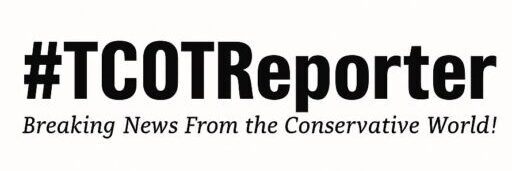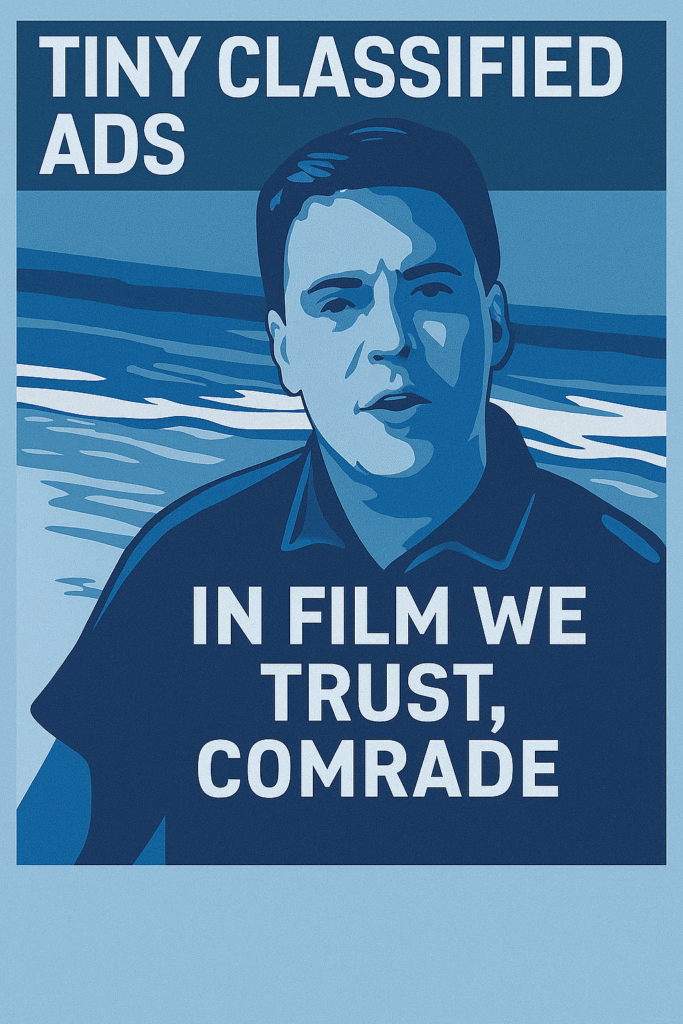How the “Chorus” Influencer Network Turns Messaging into Moral Native Content
If political advertising is the thing you can see, influencer contracting is the thing you’re not supposed to. That’s the allegation at the heart of the Chorus Creator Incubator Program: a Sixteen Thirty Fund–backed network that, per reporting, recruits creators on monthly stipends to push “civic” content with contractual guardrails — approval lanes, deletion rights, and NDAs that discourage disclosure. The result? Messaging that looks organic but reads like a style-guided campaign spot — minus the “paid for by” tag.
Here’s the play in plain English. Traditional political ads must disclose. Native influence often doesn’t — especially when routed through nonprofits claiming “educational” status. According to coverage of the program’s boilerplate, creators are compensated on a sliding scale for “reach,” booked through a central coordinator, and asked to run sensitive interactions (electeds, endorsements) through the hub. Lawyers cited in those pieces said quiet part out loud: this structure helps avoid the disclaimers you’d expect on candidate-adjacent content.
That’s not politics “getting modern.” That’s regulatory arbitrage — shifting from regulated broadcast to unregulated persona to achieve the same effect: persuasion at scale. And while some will insist the content is merely “civic information,” the tell is editorial control. When a gatekeeper can spike, edit, or pre-approve, you’re not in the land of independent commentary; you’re in shadow ad-buy territory.
The stakes are bigger than one program. This is the template:
- build a nonprofit wrapper;
- contract creators on retainer;
- push tight message architecture in “relatable” language;
- avoid the visual baggage of political ads;
- count the views as moral validation rather than paid reach.
If you’re wondering why timelines suddenly harmonize — identical framings rolling across dozens of channels in the same 72-hour window — this is how. Not a conspiracy; an operations discipline. And yes, it works.
The defense will argue “everybody does narrative.” True — but compelled secrecy around paid persuasion is the line. Audiences can process advocacy; they resent manipulation. If a program’s value proposition depends on audiences not knowing it’s sponsored, you’ve already confessed the core problem.
So what’s the fix? Not outrage, disclosure. If an entity is funding creators to influence public opinion about political actors, policies, or ballot measures, it should carry disclosures identical in spirit to ad disclaimers — including:
- a clear funding source,
- a simple statement of sponsorship,
- and a public registry tying creator handles to the program.
If the content really is “nonpartisan civic info,” disclosure won’t hurt it. If disclosure would kill it, we’ve learned what we needed to know.
The 2026 cycle won’t be decided by TV spots; it’ll be shaped by parasocial trust. The side that industrializes that trust without telling you they’ve industrialized it has a head start. The side that forces transparency will have legitimacy when the recounts begin. Pick one.
Citations
- Wired – “A Dark Money Group Is Secretly Funding High-Profile Democratic Influencers” (August 27, 2025)
- OpenSecrets – “Sixteen Thirty Fund Profile: Summary” (Accessed November 9, 2025)
- Ballotpedia – “Sixteen Thirty Fund” (Accessed November 9, 2025)
- ProPublica Nonprofit Explorer – “Sixteen Thirty Fund – Nonprofit Explorer” (Accessed November 9, 2025)
- AP News – “Abortion rights supporters far outraise opponents… in Ohio election” (October 27, 2023)
- Insurrection Barbie, “The 2026 Ballot Wars,” Oct 2025.


Pingback: America Votes, Inc. - #TCOT Reporter